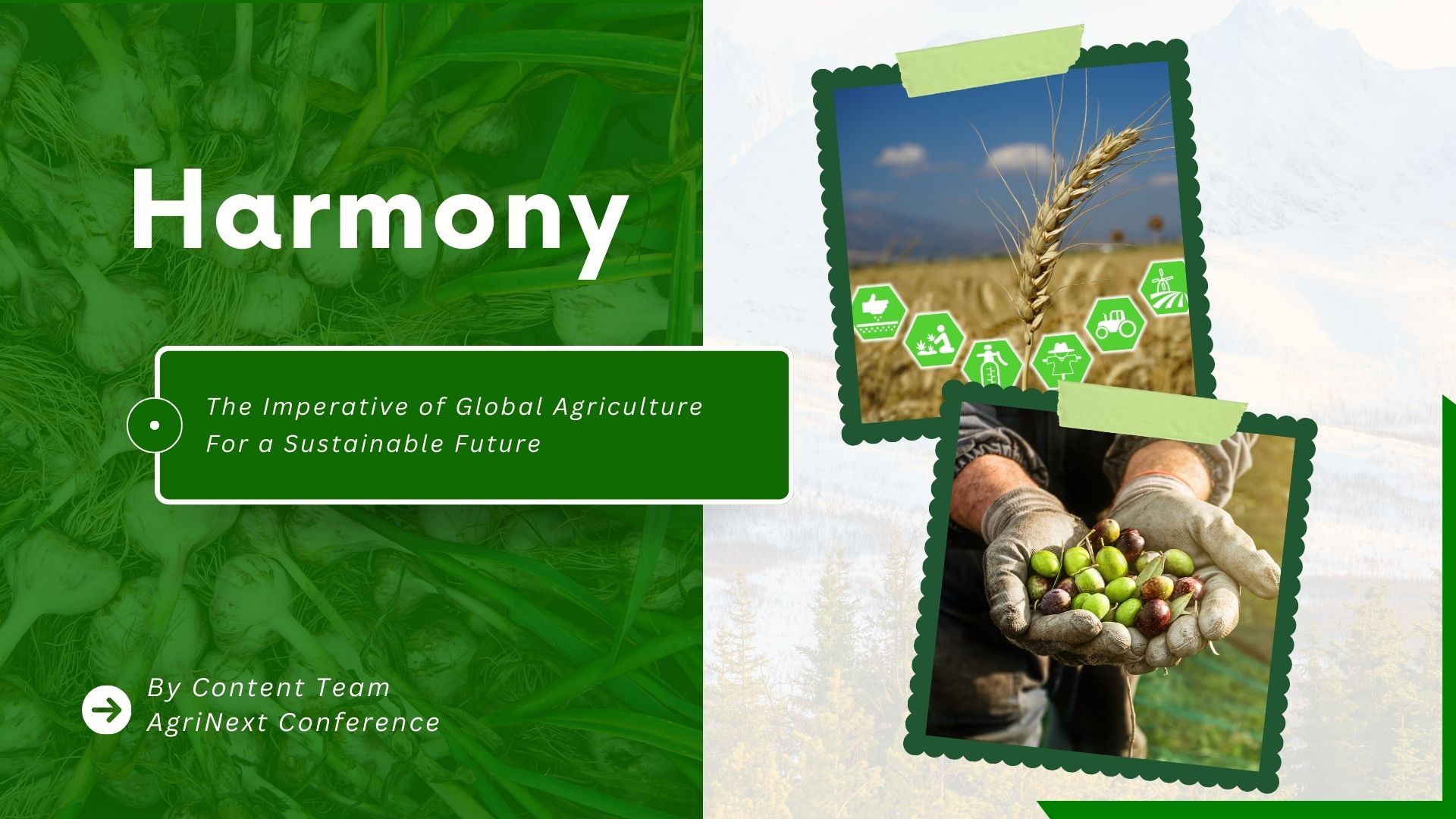
“We can indeed
eliminate the
scourge of hunger in
our lifetime. We must
be the zero hunger
generation”.
Jose Graziano da Silva
( Director General of the food and agricultural organization of the United States)
Despite agriculture’s tremendous productivity, food shortages, malnutrition, and famines are common worldwide. Many people assume that the world’s agricultural system is not capable of producing enough food for everyone, but this is incorrect.
Evidence from agricultural research demonstrates that there is enough worldwide agricultural capacity to feed everyone on the planet. The problem is that its capacity is unevenly distributed.
Some countries produce much more food than they need and others much less.
In addition, distribution systems are inefficient and much food is lost to waste or spoilage.
Why should 783 million people on our planet go hungry while 1.9 billion are suffering from the ill effects of being overweight and obese? in 2021 more grain was harvested than ever before.
Despite this record breaking harvest only 42.2% was used to feed people.
On behalf of the United Nations and the world bank, in a four year process more than 400 scientists summarized the state of global agriculture, its history and its future. The outcome was the International Assessment of Agriculture Science and Technology for Development (IAASTD) .
The need for global agriculture arises from several interconnected factors that highlight the importance of a coordinated and collaborative approach to agricultural practices on a worldwide scale. Here are some key reasons why global agriculture is essential
Food Security
Growing population: The global population continually increasing, and ensuring an adequate and nutritious food supply for everyone is a critical challenge.
Diverse Diets
As economies develop, there is a shift towards more varied and resource intensive diets, increasing the demand for a diverse range of agricultural products.
Resource Optimization
Arable land and water scarcity: Many regions face challenges related to limited arable land and water resources. Global agriculture allows for the optimization of available resources by harnessing the strength of different regions with varying climate and soil conditions.
Climate change adaptation
Climate variability: climate change poses threats to agricultural productivity through changes in temperature, precipitation patterns, and the frequency of extreme weather events. Coordinated efforts globally can help develop and implement adaptive strategies.
Technology and Innovation
Research and Development:
Global collaboration enables the sharing of research, innovations and best practices fostering the development of new technologies, productivity and sustainability.
Economic Interdependence
Trade and Market:
Global agriculture facilitates international trade in agricultural products, allowing regions to specialize in the production of certain crops or livestock based on comparative advantages. This enhances economic interdependence and promotes global food security.
Social and Economic Development
Global agricultural strategies can contribute to poverty reduction, rural development, and improve living standards.
Pandemic Preparedness
Disease Resilience:
Global agricultural practices can address challenges related to plant and animal diseases.
Collaborative efforts help prevent the spread of pests and diseases that could impact food production.
Sustainability and environmental stewardship
Natural resources management:
A global perspective allows for better management of natural resources including soil, water and biodiversity, fostering sustainability and minimizing the environmental impact of agricultural activities.
In conclusion, global agriculture is essential to address the interconnected challenges of feeding a growing population, adapting to a changing climate, optimizing resource use and promoting economic development, while ensuring environmental sustainability. It underscores the need for international cooperation, research exchange and the development of innovative and sustainable agricultural practices.
“Sustainability is a journey, not a destination. We must constantly
strive to do better, to be better
stewards of the earth and all its inhabitants”.
Signup For AgriNext Conference Newsletter

